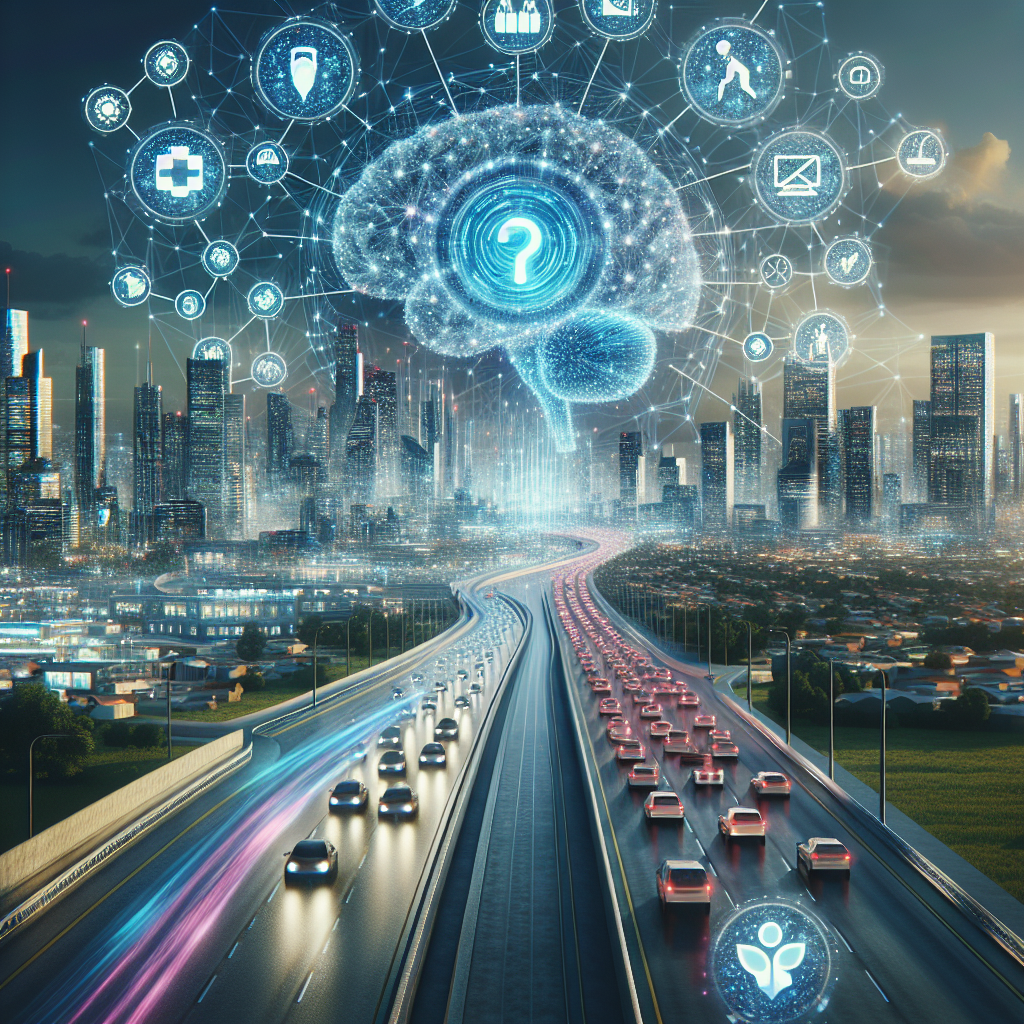The Future of AGI: How It Will Impact Society
Artificial General Intelligence (AGI) is the next frontier in the field of artificial intelligence. Unlike the narrow AI systems that we currently have, which are designed for specific tasks, AGI aims to replicate human-level intelligence and cognitive abilities. The potential impact of AGI on society is immense, as it has the power to revolutionize industries, change the way we work and live, and even challenge our understanding of what it means to be human. In this article, we will explore the future of AGI and how it will impact society.
What is AGI?
AGI is a type of artificial intelligence that is capable of understanding and learning any intellectual task that a human being can. This includes tasks such as problem-solving, reasoning, planning, and understanding natural language. AGI is often referred to as “strong AI” or “full AI” because it aims to replicate human-level intelligence rather than just performing specific tasks.
The development of AGI has been a long-standing goal in the field of artificial intelligence. While narrow AI systems, such as image recognition algorithms and language translation tools, have made significant advancements in recent years, they are still limited in their capabilities. AGI seeks to overcome these limitations by creating a system that can adapt and learn new tasks in a similar way to how humans do.
How will AGI impact society?
The impact of AGI on society is likely to be profound and far-reaching. Here are some ways in which AGI could impact various aspects of society:
1. Employment: One of the most significant impacts of AGI is likely to be on the job market. As AGI becomes more capable of performing a wide range of tasks, it has the potential to automate many jobs currently performed by humans. This could lead to widespread job displacement and require significant retraining of the workforce.
2. Economy: The widespread adoption of AGI is likely to have a major impact on the economy. While automation could lead to increased productivity and efficiency, it could also disrupt industries and lead to income inequality. Governments and businesses will need to adapt to these changes to ensure a smooth transition.
3. Healthcare: AGI has the potential to revolutionize the healthcare industry by improving diagnosis and treatment options. AI systems could analyze large amounts of data to identify patterns and make more accurate predictions about patient outcomes. This could lead to better patient care and more personalized treatment plans.
4. Education: AGI could also have a significant impact on education by providing personalized learning experiences for students. AI systems could adapt to individual learning styles and pace, helping students to learn more effectively. This could lead to a more efficient education system and better outcomes for students.
5. Ethics and privacy: The development of AGI raises important ethical questions about the use of AI and the impact it will have on society. Issues such as bias in AI algorithms, data privacy, and the potential for misuse of AI systems will need to be addressed to ensure that AGI benefits society as a whole.
FAQs
Q: Will AGI replace humans in the workforce?
A: While AGI has the potential to automate many tasks currently performed by humans, it is unlikely to completely replace humans in the workforce. Instead, AGI is likely to augment human capabilities and lead to new job opportunities in industries that require human creativity and empathy.
Q: How will AGI impact job training and education?
A: AGI is likely to have a major impact on job training and education, as it will require workers to develop new skills and adapt to changing job requirements. Governments and businesses will need to invest in retraining programs to help workers transition to new roles in the workforce.
Q: What are the ethical implications of AGI?
A: The development of AGI raises important ethical questions about the use of AI and its impact on society. Issues such as bias in AI algorithms, data privacy, and the potential for misuse of AI systems will need to be addressed to ensure that AGI benefits society as a whole.
In conclusion, the future of AGI holds great promise for society, but also raises important questions about the impact it will have on various aspects of our lives. As we continue to develop and deploy AGI systems, it will be essential to consider the ethical implications and ensure that AGI is used in a way that benefits all members of society. By addressing these challenges, we can harness the power of AGI to create a better and more equitable future for all.

